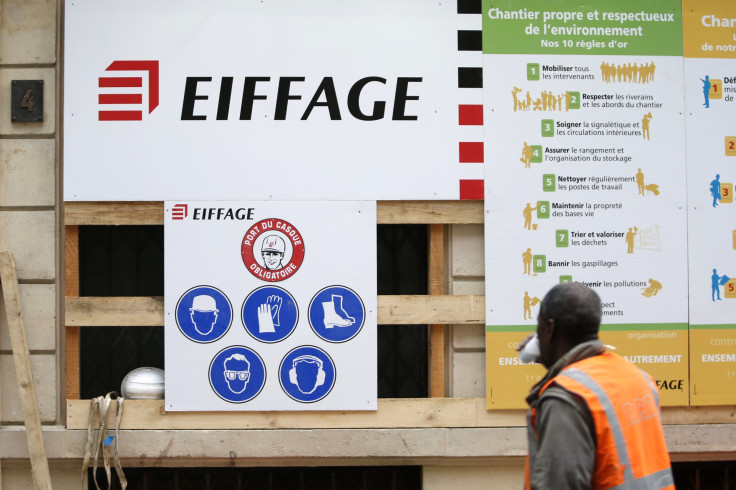Is The French 35-Hour Work Week Under Siege? New Law Under François Hollande Could Dismantle Labor Rule

The 35-hour maximum work week in France effectively soon could come to an end. Plans from French President François Hollande would whittle away at the rigidity of the 35-hour work week and make it easier for employers to fire their workers, the Economist reported Saturday.
Hollande’s government is reviewing a draft of a labor law that would remove constraints on French businesses, allowing the firms to negotiate longer hours and overtime rates directly with their own trade unions instead of having to adhere to rules dictated by national, industrywide deals. There would still be a 35-hour cap, but it would essentially become a threshold for overtime pay instead of a hard constraint. Businesses would also have more freedom to shorten hours and reduce pay in times of economic hardship.
French Economy Minister Emmanuel Macron said the proposed plans would be the “de facto” end of the 35-hour week, the Economist reported. The law would also make it easier to lay off workers by capping awards on unfair dismissals and would limit the power of the country’s labor code. The government has suggested the plans are a stimulus of sorts for the country’s economy, which grew just over 1 percent last year. France’s unemployment rate tops 10 percent.
The labor law would be Hollande’s first major piece of legislation ahead of a presidential election in 2017. When the first parts of the plan were published in mid-February, they caused a political stir.
“It goes further than might have been expected,” Antonio Barroso, a political analyst at Teneo Intelligence in London, told Bloomberg. “This is going to create a huge mess in Parliament.”
Much of the left in France is dedicated to the 35-hour work week, and considers it a defining principle that demands shorter hours and more holidays, resulting in better productivity. French productivity per hour is higher than Britain’s or Germany’s, the Economist said. Socialist leaders who devised the 35-hour work week in 2000 have pushed back hard against the planned reforms. So have advocates for workers.
“This text offers total liberty to the bosses, but constitutes a historic setback for workers’ rights,” read a statement from France’s largest labor confederation. “It’s based on the idea that social protections for workers are the cause of unemployment. Since when has deregulation led to employment?”
© Copyright IBTimes 2024. All rights reserved.












